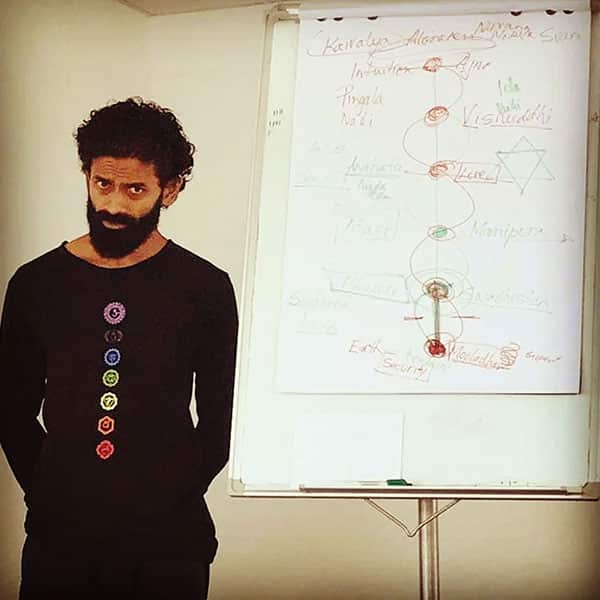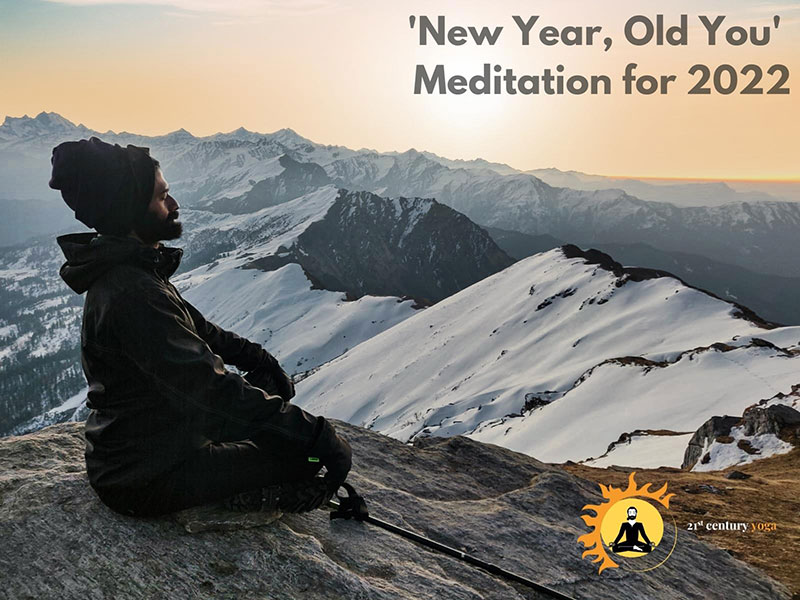Why do some people suffer even when they seem to be living comfortably, while others smile and thrive even through the most difficult situations?

Our Life experiences clearly show us that our Mindset determines the quality of Life at any given point.
Yes, the events that are painful are real – but we are experiencing them through our cognition in our own Mind (brain, body & beyond).
So, our reaction to any situation we encounter is 100% our CHOICE!
How we feel is up to us – this is the Freedom that Philosophers & Buddhas have spoken about for Millennia; and Neuroscience is today showing us why.
PHILOSOPHY
Let’s look at what the Ancient Spiritual Masters – history’s greatest Psychologists have told us.
- For the Buddha, he based his Journey on finding liberation from Suffering. He taught that Suffering is the fundamental experience of Life. When you don’t get what you want – you suffer; but even when you get exactly what you want – you suffer, because you can’t hold on to it (Impermanence). So he distilled the cause of Suffering to ‘Desire’ and taught that ultimately, liberation from Suffering only comes through transcending Desire. Easier said than done, as we all know!
Buddha’s 4 Noble Truths are like this:
a) Suffering is real.
b) If there is Suffering, there must be a Cause.
c) If there is a Cause, there must be an End to it.
d) If so, there must be a Path to the end of Suffering.This Path (Dharma) is what the Buddha taught. He was so far ahead of his times, that 2500 years later we’re really beginning to have the collective cognitive culture to bring Mindfulness into our lives and our societies.
- Patanjali shares the same idea in the Yoga Sutras – that Suffering is the fundamental experience of Life and the wise realize this. He says there are 5 main causes for Suffering – all based on the primary ‘Avidya’; lack of knowing Who I am. This leads us to wrongly identify with aspects of our Being; namely Body & Mind, thereby leading to suffering as these are essentially impermanent.
Avidya : lack of Knowledge of the Self
b) Asmita : ‘I’-ness, leading to extreme Individuation and suffering.
c) Raaga : extreme attraction eventually leading to addiction and suffering
d) Dvesha : extreme repulsion eventually leading to hatred/ fear and suffering
e) Abhinivesha : neurotic ‘clinging on’ to Life, leading to extreme fear of death.All 5 are based on Avidya and therefore Patanjali’s Journey is to realise the true nature of Self – unclouded by association with Body and Mind.
What we see is that since Suffering happens within our Mind, by realising the Impermanence of Mind and overcoming Desire (Buddha) we transcend Suffering; OR by realising our true Self unclouded by our Mind (Patanjali) we can transcend Suffering. Any other solution, like Positive thinking and so on, is like applying balm but not understanding the true nature of the illness.
NEUROSCIENCE
Clinical trials of Mindfulness studies in Neuroscience labs are showing us exactly how Mindfulness plays a role in overcoming Suffering and increasing our Happiness. One of the most fascinating insights is that Happiness does not happen to a distracted Mind – and in fact it is the focused ‘doing’ of a task/ hobby that leads to Happiness even more than the sense of accomplishment upon completion. So, it’s not the big events in one’s life but the small daily habits and practices that generate a heightened state of happiness and hence overcoming suffering.
Neuroscience has been the breakthrough research domain of the last decade and our understanding of who we are is transforming society. Neurotransmitters like the happy hormones: endorphins, dopamine, serotonin, oxytocin; play a vital role in keeping us pain-free and away from suffering. These are secreted while exercising, during sex, having good sleep, and eating well. Hence again we see that the small daily habits have a large role to play in our overall sense of wellbeing.
CONCLUSION
Suffering is intrinsic to living – it’s always present. However, it is our Mindset that defines our response and by extension, our life. Connecting to our deep Self allows us to deal with the vagaries at our surface level of Mind-Body. Also, developing good habits allows our Neuro Bio Chemistry to be optimised to deal with the daily struggles and life-changing events.
SUFFERING is a CHOICE – let’s train to remain Mindful of this through good and bad times in our life!
There’s only one way to find out. Happy Meditating!

Manish Pole Yogi + Guide
Having taught Yoga & Meditation since 2003, Manish leads Abhyasa as well as Himalayan Retreats and Teacher Training Courses globally.




